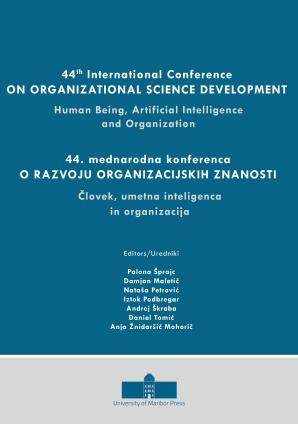»Sacred Halls vs Public Malls?« The Paradox of University Culture in a Competitive Age
Kratka vsebina
This study examines the success factors of the Budapest University of Economics and Business (BGE/BUEB), focusing on its organisational cultural development. We attempt to explore how organisational culture can improve the level of market-oriented behaviour and support success in higher education. Efforts before 2020 to capture the University's culture (Heidrich et al, 2022) laid the foundation for the ViVa (Vision and Values) Project, a unique initiative in Hungarian higher education aimed at cultural development. Between 2020 and 2024 ViVa involved all 800 full-time staff, with special roles for a dedicated organising team and 40 so-called ‘culture ambassadors’ i.e. non-managerial staff chosen by colleagues. Serving as an ambassador was regarded as a position of trust, with direct influence on ViVa's processes and outcomes at a university with a history of merging three, previously independent colleges in 2000. This paper reveals links between organisational strategy, culture and values tied to market-oriented behaviour. The authors argue that market-oriented culture is integral to how effectively a model-changing university can adapt within its competitive market space.







